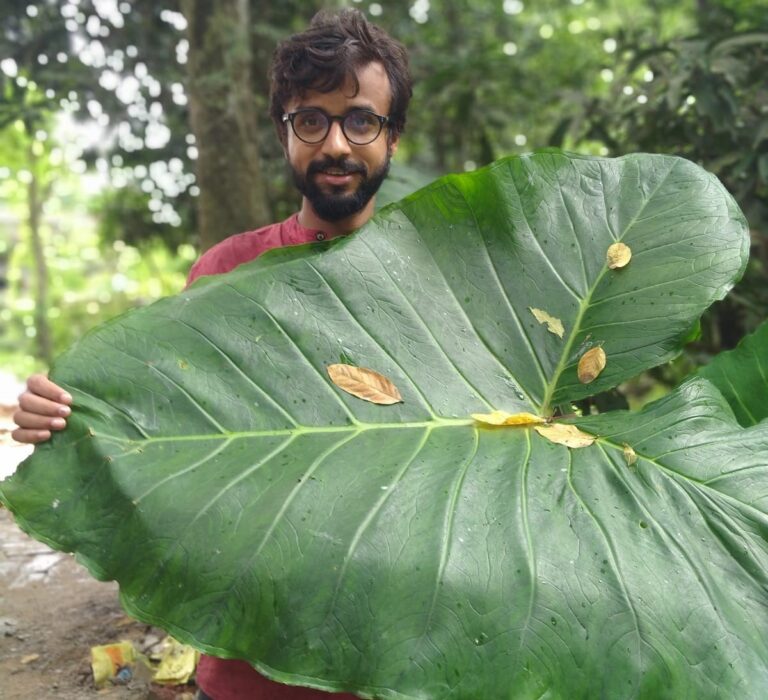
As I try to recall my roots, my mind drifts back to my idyllic childhood days living in a remote village nestled along the South Bengal-Odisha border, close to the coast. It reminds me of a time when life was centered on the rhythmic cycles of nature. Our village was a home of lush rice fields and vibrant green patches bubbling with biodiversity of all sorts. It was a place where I spent my childhood climbing trees in search of fruits and taking joyful leaps into ponds until my mother's call beckoned me home.
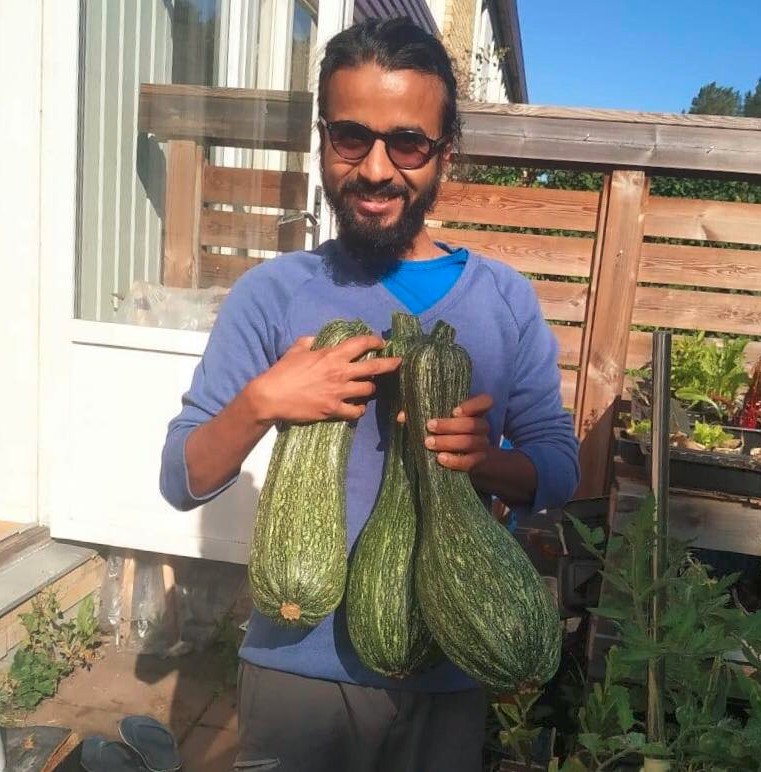
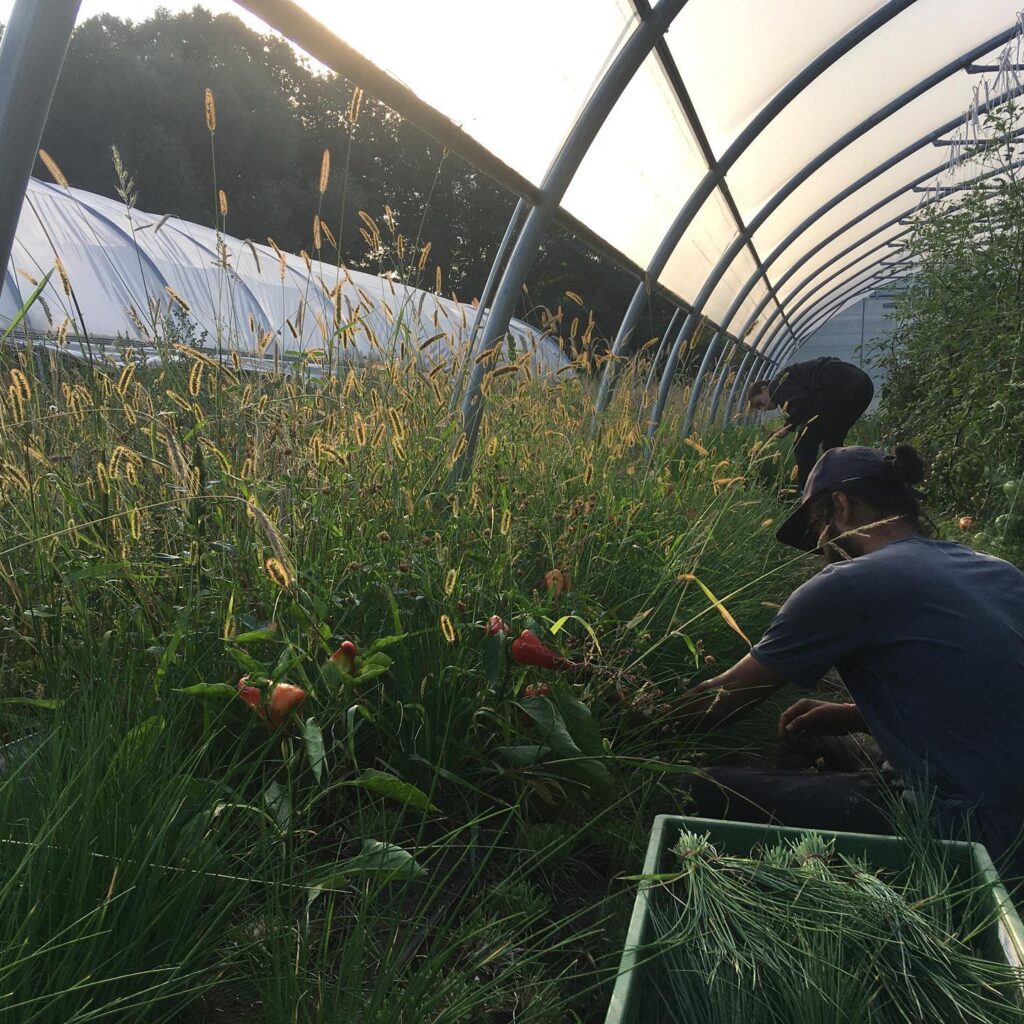
The early experiences in my village were magical, though I couldn't fully appreciate their significance until much later in life. Pursuing higher education in distant cities like Kolkata, Chennai, and Kanpur and eventually to Sweden for a Ph.D. in computer science transported me to a world far from my childhood heaven that had shaped my early years.
It was in the year 2015, when I was in Sweden, that I found myself standing in a kitchen, cooking for the first time in my life. As I figured my way around the vegetables, I began to wonder where my food came from. My research led to many unexpected revelations. I discovered that the bananas I consumed had wreaked havoc on Ecuador, the avocados I loved came at the expense of local water resources in Mexico, and Costa Rican pineapples were polluting water bodies with pesticides. I was appalled and ashamed of the global food system I was unknowingly supporting.
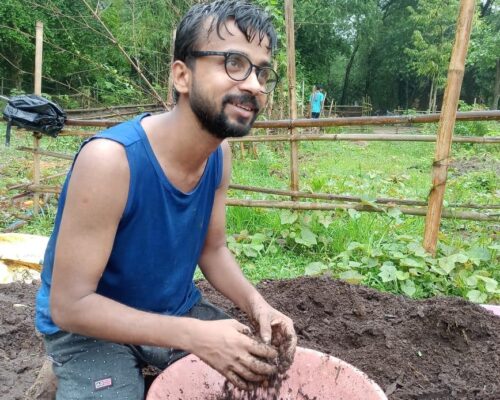

Understanding the true ecological and ethical cost of our globalized food system shocked me beyond imagination. Guided by my deep-rooted connection with nature, I decided to act. I started reducing my ecological footprint by reducing and eliminating the consumption of ingredients exploiting humans and nature, growing some vegetables by myself, buying from local farmers, and foraging for wild plants. All these soon became the center of my lifestyle choices, reaching beyond food.


A massive roadblock that I realized which affects a village’s self-reliance is migration due to a lack of employment opportunities. Farming has always been more of a subsistence activity than a commercial one, which is now severely impacted by climate change.

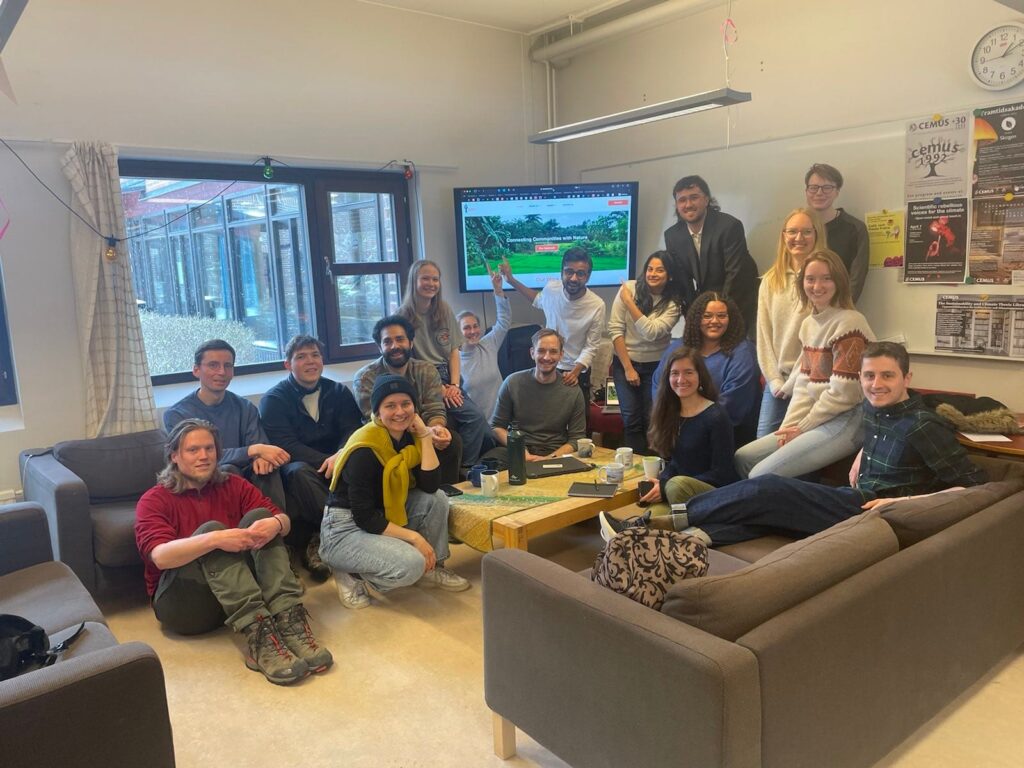
While my life was intertwined with these experiential understandings, my nephew’s birth took me back home to my community. As a result, in 2022, ‘Bon’ was manifested, which means ‘forest’ in my mother tongue, Bengali, a constant reminder of the intricate web of life that thrives in these natural spaces.